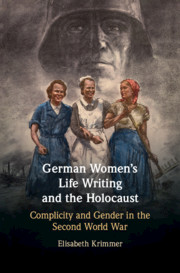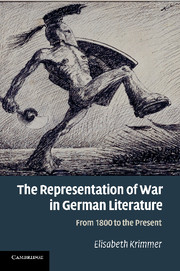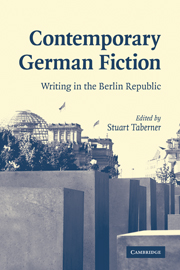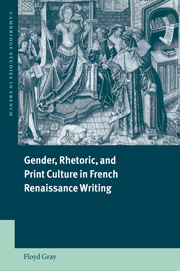German Women's Life Writing and the Holocaust
This important study examines women's life writing about the Second World War and the Holocaust, such as memoirs, diaries, docunovels, and autobiographically inspired fiction. Through a historical and literary study of the complex relationship between gender, genocide, and female agency, the analyzes correct androcentric views of the Second World War and seek to further our understanding of a group that, although crucial to the functioning of the National Socialist regime, has often been overlooked: that of the complicit bystander. Chapters on army auxiliaries, nurses, female refugees, rape victims, and Holocaust survivors analyze women's motivations for enlisting in the National Socialist cause, as well as for their continuing support for the regime and, in some cases, their growing estrangement from it. The readings allow insights into the nature of complicity itself, the emergence of violence in civil society, and the possibility of social justice.
- Sheds light on the experiences of ordinary German women during the Second World War
- Furthers our understanding of the Third Reich and the Holocaust through a focus on bystanders (rather than perpetrators) and complicity
- Examines various forms of German women's life writings including memoirs, diaries, and autobiographical fiction
Reviews & endorsements
‘Elisabeth Krimmer offers poised readings of a broad range of women’s voices to promote a nuanced understanding of the complex relationship of gender, genocide, and female agency. In doing so, she both untangles and complicates narratives about the German past, corrects androcentric views, and brings a welcome and important addition to the field that will be of use to scholars and students in a variety of disciplinary frameworks.’ Sandra Alfers, Holocaust and Genocide Studies
Product details
August 2018Adobe eBook Reader
9781108684880
0 pages
This ISBN is for an eBook version which is distributed on our behalf by a third party.
Table of Contents
- 1. Introduction: gender, war and the Holocaust
- 2. Ruptured narratives: German women and Hitler's army
- 3. Cropped vision: nursing in the Second World War
- 4. Interrupted silences: German victims of rape
- 5. Parallel stories: women refugees
- 6. A view from the outside in: Jewish women and German complicity
- Conclusion
- Bibliography.








.jpg)
.jpg)